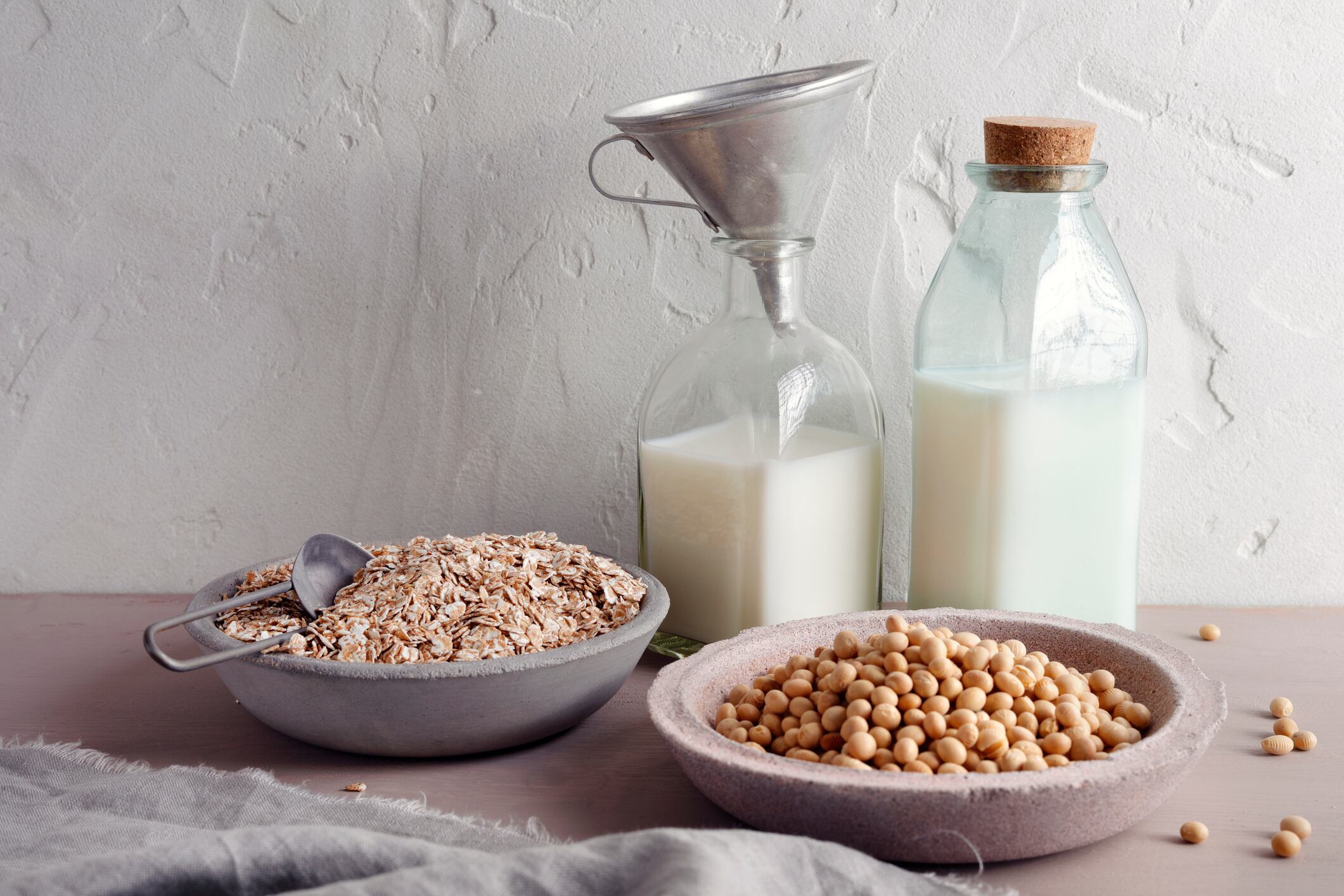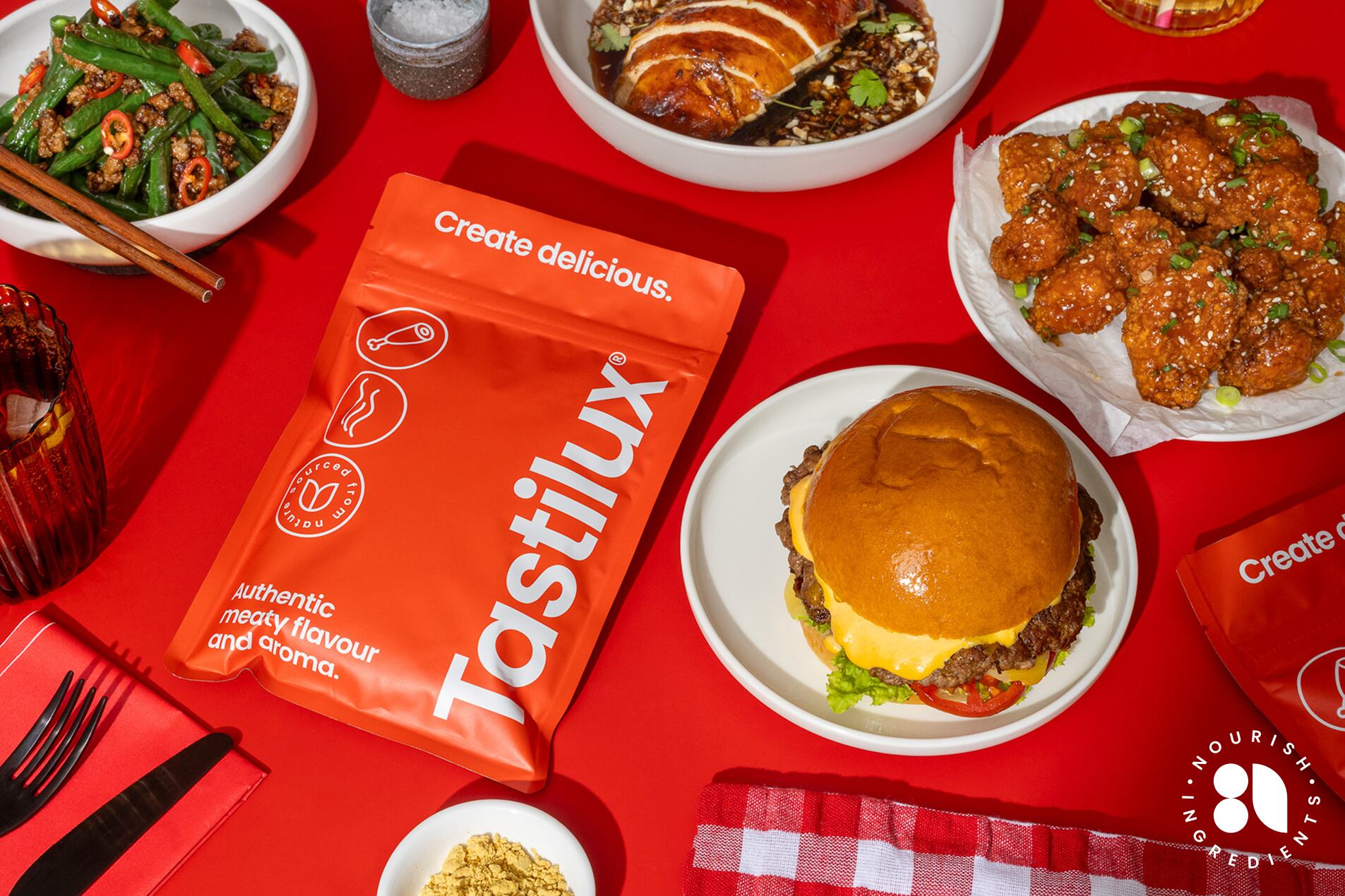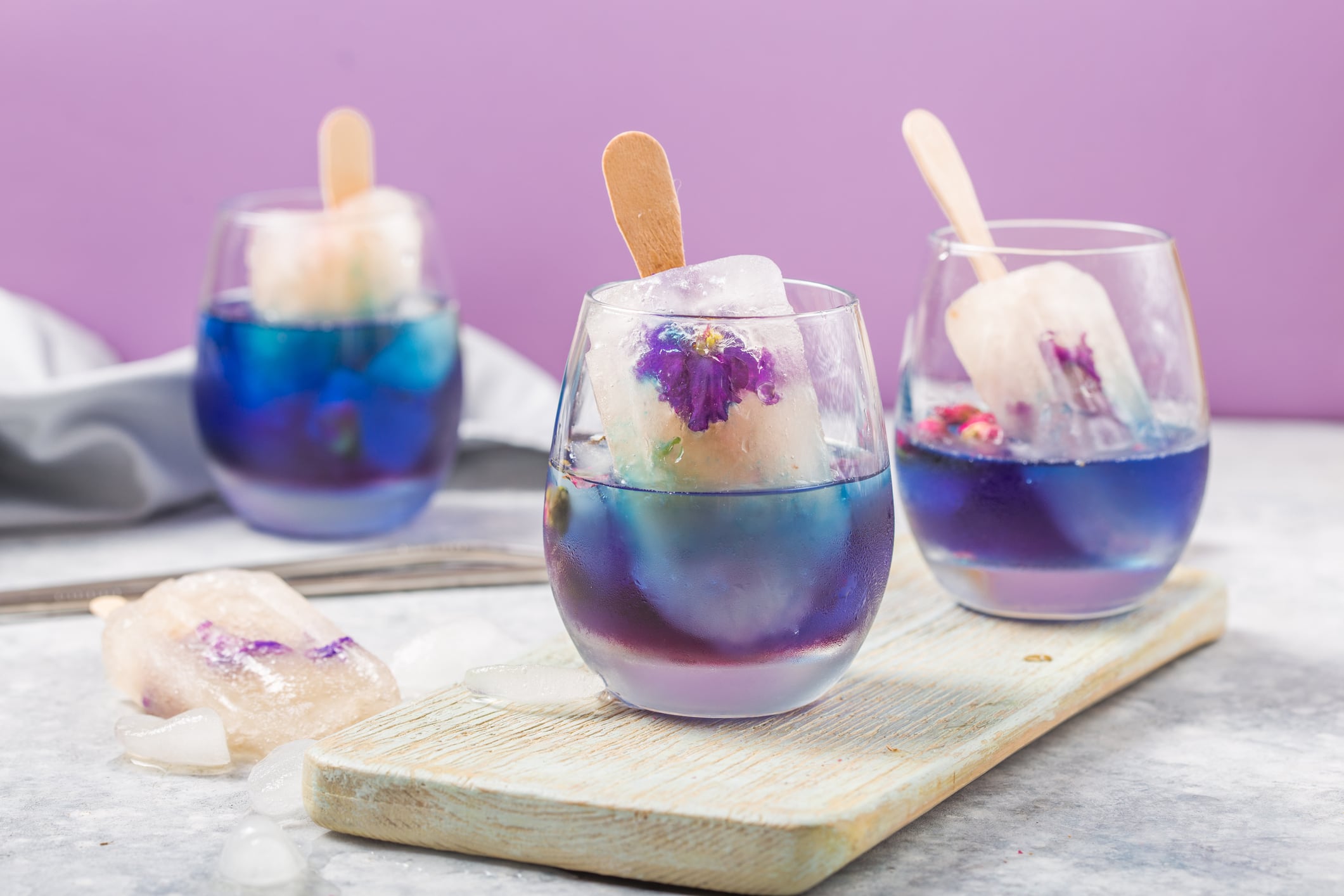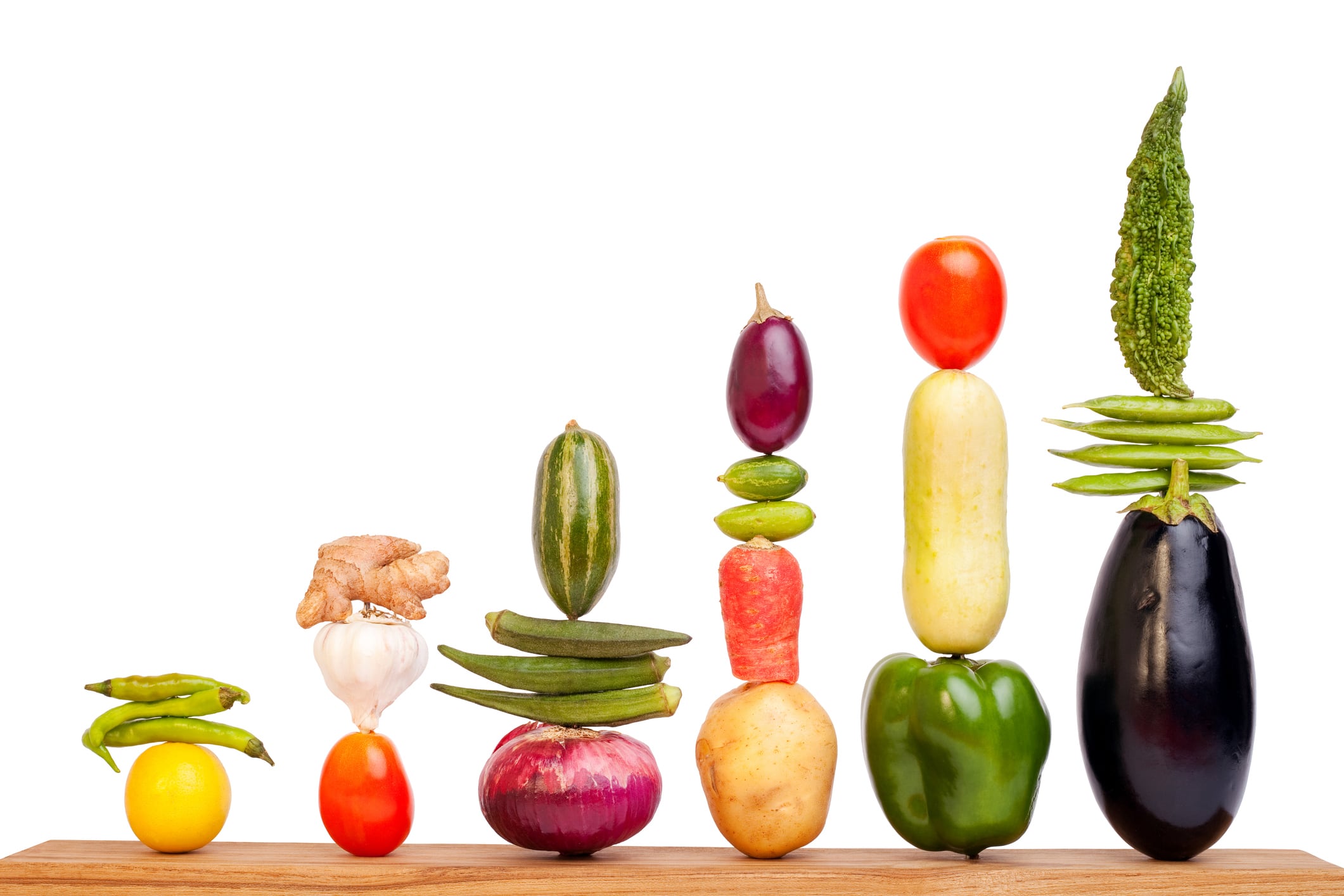Recent launches show that consumers are not only exploring more dairy alternatives but increasingly want drinks that are nutritionally richer, clean-label, and environmentally responsible.
Oatside’s sleep-targeted matcha oat latte and Oatbedient’s clean label range are indications that plant-based beverages are moving from niche to mainstream in Asia.
Oatly continues to stride forward in global expansion and uses Tetra Pak’s integrated solutions for its production processes.
Building on this momentum, Tetra Pak is also driving soy innovation through its whole-bean processing method.
Soy focus
Traditionally, soymilk production discards okara, the insoluble fibre of the bean. The whole-bean soy processing method maximises the nutritional value of soybeans by preserving the naturally present protein, fibre, and healthy fats, enhancing taste, texture, and health benefits.
The firm developed its proprietary whole-bean soy processing method in a joint collaboration among its Singapore Soya & Tea Centre and Shanghai Product Development Centre, as well as its R&D teams in Sweden.
This uses the entire soybean including the okara fibre to craft high-fibre, creamy soy drinks with zero ingredient waste and reduced water use, shared John Jose, marketing director for Malaysia, Singapore, Philippines, and Indonesia.
“Compared to traditionally extracted soymilk which contains roughly 0.26% fibre, the whole-bean version delivers up to five times more (1.2%) fibre, offering enhanced nutritional content without stabilisers or emulsifiers, and a stable six to 12-month shelf life. Taiwanese food and drink producer I-Mei has applied this method to transform okara by-product into a premium, zero-waste soy drink with no added sugar, excellent flavour, and a desirable smooth mouthfeel,” said Jose.
Beyond soy, the firm also supports a range of plant-based beverages.
Plant-based innovations in functional packaging
The firm partnered Thailand’s New Concept Product to launch a ready-to-drink ginger beverage infused with Manuka honey or lime.
Ginger is widely recognised for its functional health properties and strong consumer appeal, making it a versatile base for new beverage launches.
“Ginger drinks are traditionally sold in powder format. The idea of a ready-to-drink ginger beverage that is served cold caters to a new and younger generation in healthy ginger drink products enables the company to maintain its market leadership of powder-based ginger drinks in Thailand, while increasing volume without cannibalising existing sales,” explained Jose.
The ginger drinks were packed in Tetra Prisma aseptic cartons to enable transportation over longer distances at ambient temperatures while preserving freshness.
He added that the firm is the first in the Australian market to launch convenient, single-serve oat and almond barista-style drinks in these aseptic cartons, enabling cafe-quality beverages at home with minimised waste.
“These innovations align with rising demand for convenience, nutrition, and premium experiences – whether it is fibre-rich drinks, novel bases like fava beans, or packaging that can be transported on-the-go without refrigeration. Ambient carton formats support both single-serve and family needs while showcasing sustainability, and Tetra Pak’s technical expertise helps local brands turn these ideas into scalable products quickly,” said Jose.
He also spoke about the firm’s renewable and recyclable Tetra Recart, which helps reduce carbon footprint through lighter transport and efficient storage, while keeping food safe for long periods without preservatives.
Combining packaging flexibility, design differentiation, and responsiveness to evolving consumer preferences is vital to maintaining quality, safety, and sustainability standards - important to stand out in the competitive South East Asian market, he said.





